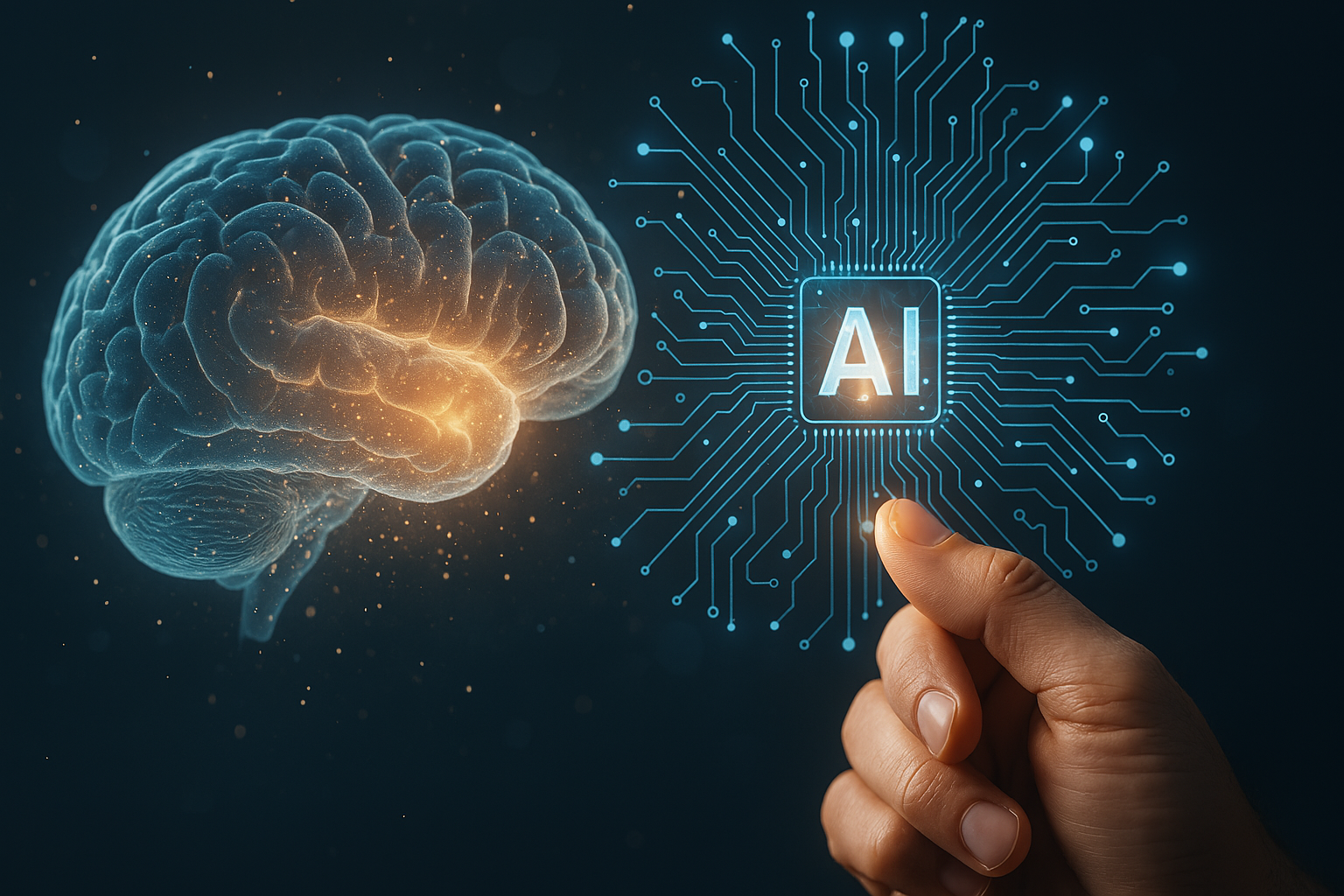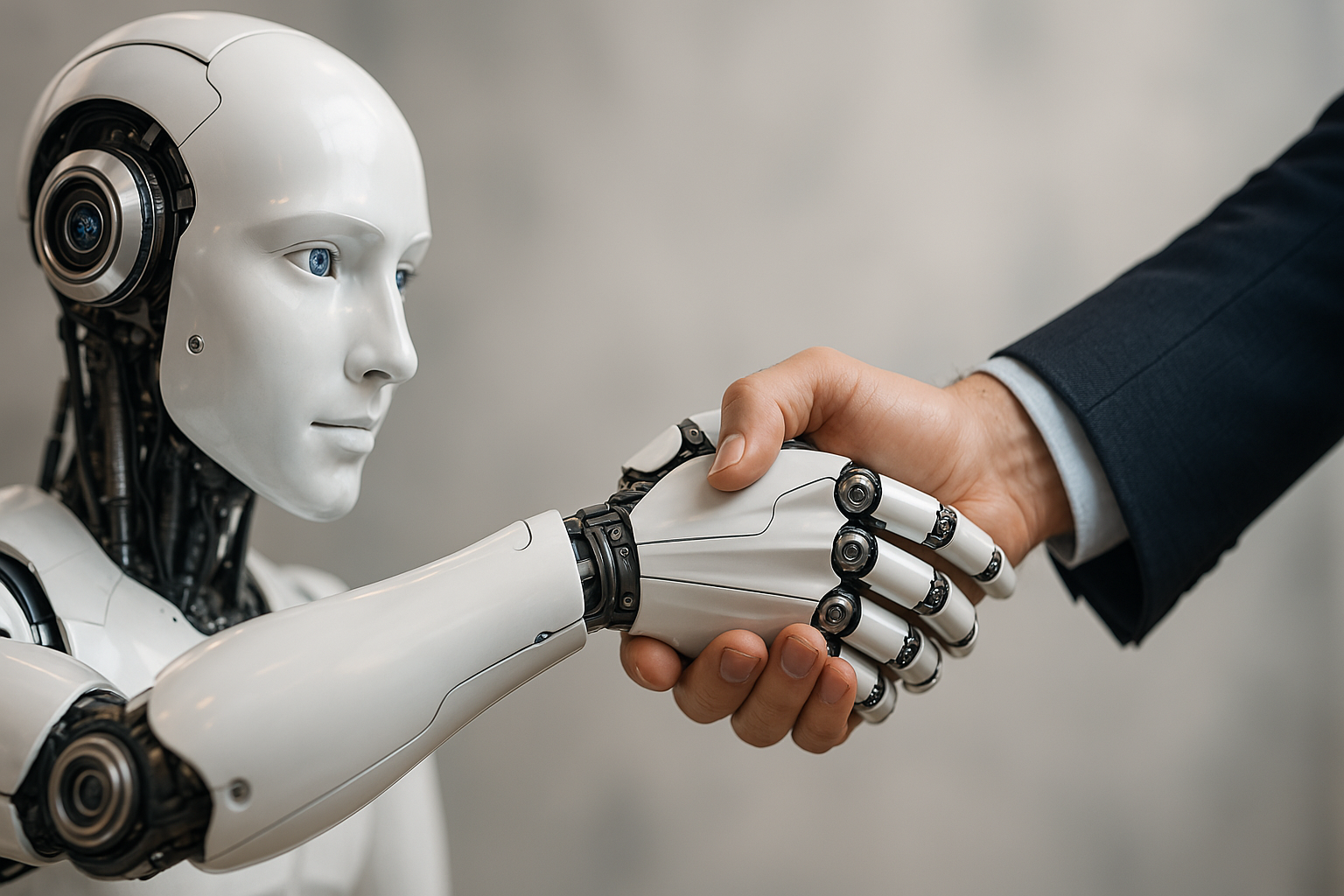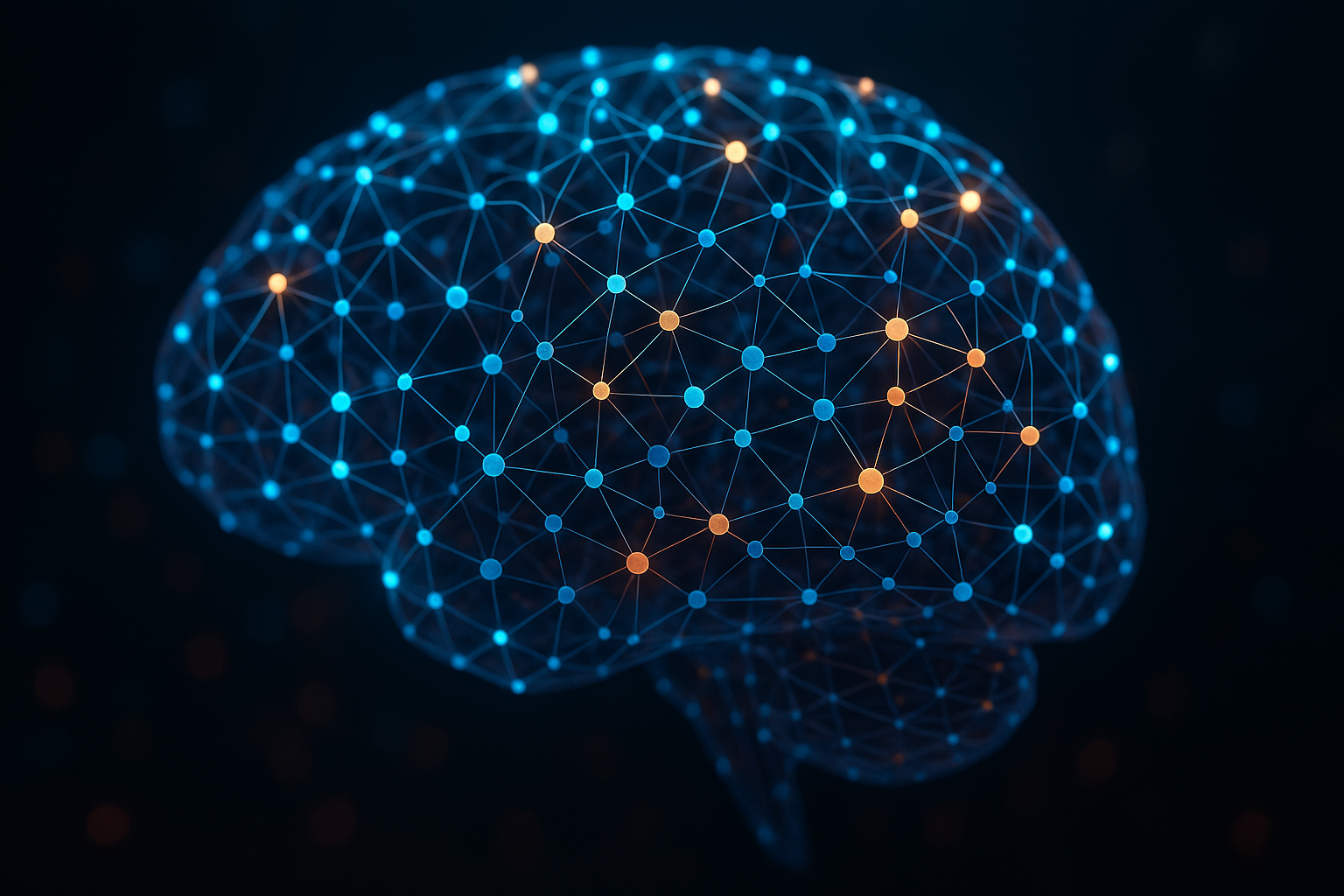Tag: AI Bias
-

Generative AI
Generative AI refers to a category of artificial intelligence systems capable of creating new content – such as text, images, music, code, or video – that has not been seen before. Unlike traditional discriminative AI models that focus on classifying or predicting based on existing data (e.g. identifying if an image contains a cat), generative…
-

Predictive Modeling
Definition and Overview Predictive modeling in the context of artificial intelligence (AI) is the process of using historical data and statistical algorithms (often powered by machine learning) to build models that can forecast future outcomes or unknown events. In simpler terms, a predictive model learns patterns from past data and predicts likely future behavior or…
-

AI Alignment
AI Alignment refers to the process of ensuring that artificial intelligence (AI) systems act in accordance with human values, goals, and ethical principles. In essence, an aligned AI is one that reliably does what we intend it to do and behaves in ways that are beneficial (or at least acceptable) to humans, rather than pursuing…
-

AI Bias
Definition and Explanation of AI Bias AI Bias, also known as algorithmic bias or machine learning bias, refers to the systematic and unfair prejudices or distortions in the outputs of artificial intelligence systems. In essence, it means an AI system is producing results that are skewed or discriminatory against certain individuals or groups. These biased…
-

Artificial Neural Network (ANN)
A neural network (often called an artificial neural network or ANN) is a computing model inspired by the human brain’s network of neurons. It consists of layers of interconnected nodes (“artificial neurons”) that process data and can learn to perform tasks by adjusting the connections (weights) between nodes. Neural networks “learn” from examples rather than…
